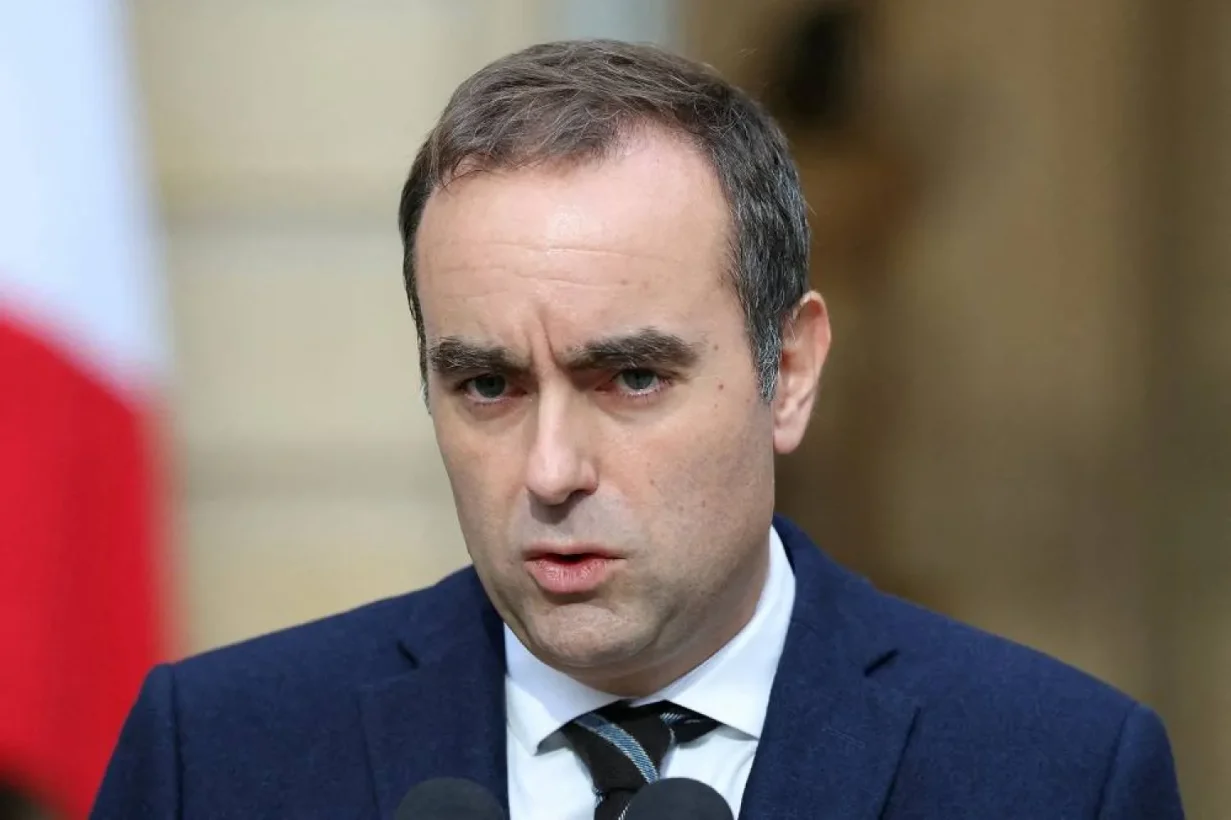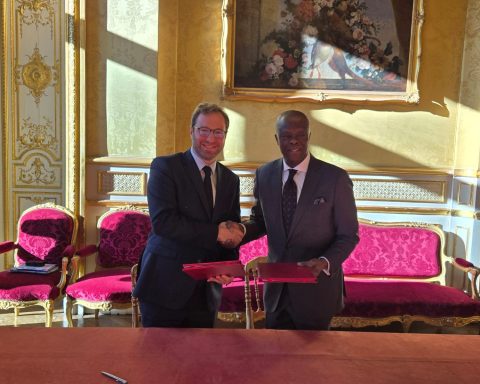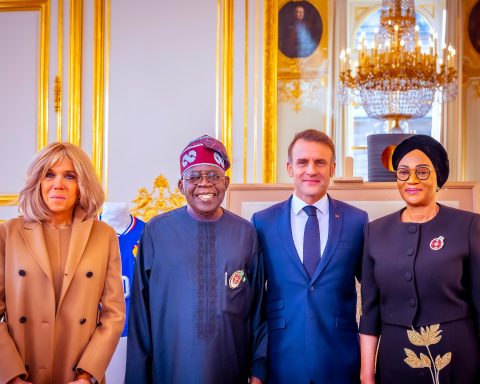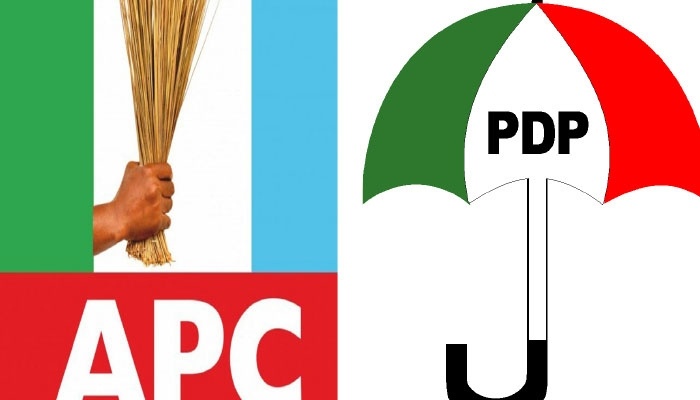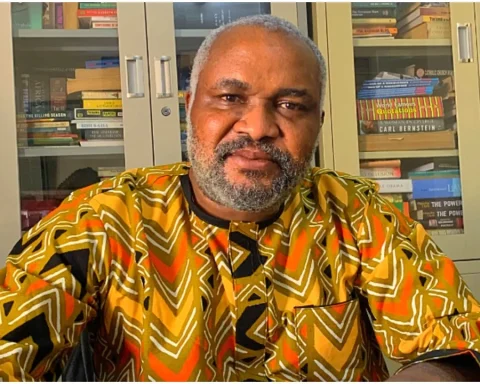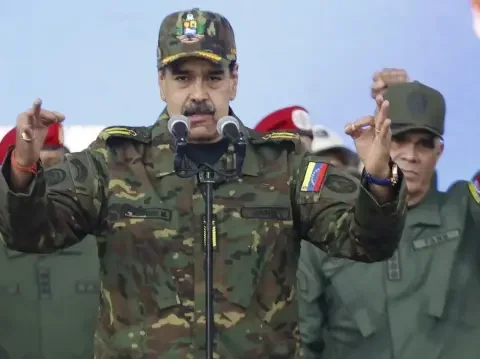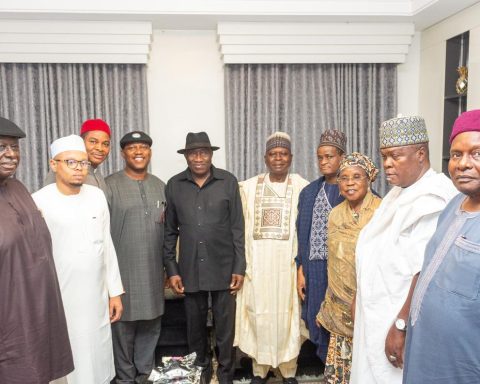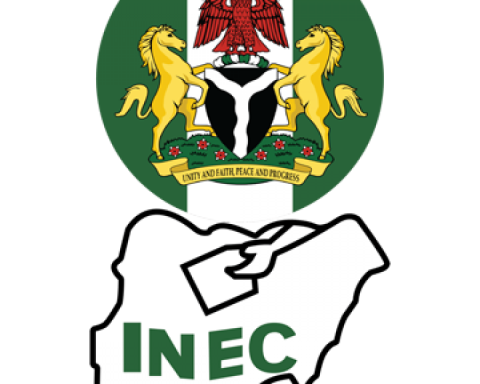France has been thrown back into political chaos after Prime Minister Sébastien Lecornu resigned on Monday, barely a month after his appointment and just a day after unveiling his government. The resignation marks one of the shortest premierships in modern French history and underscores the growing paralysis at the heart of President Emmanuel Macron’s administration.
Lecornu, 39, was seen as a loyal Macron ally and one of the youngest ever to hold the post. His selection in early September was meant to restore a sense of stability after two prime ministers, Michel Barnier and François Bayrou, were ousted within months in bruising confrontations with parliament. But his brief tenure collapsed under the same political deadlock that has plagued Macron’s second term. “The conditions were no longer met for me to exercise my functions and allow the government to go before the National Assembly,” Lecornu said in a televised address announcing his resignation. “France needs a government that can act, and today, the conditions for that no longer exist.”
Join our WhatsApp ChannelA Government Dead on Arrival Lecornu’s cabinet, announced late Sunday night, was intended to project continuity and competence. Instead, it triggered immediate outrage. Of the 18 ministers he named, 12 had already served under Bayrou or Barnier. The opposition pounced, accusing Macron of recycling faces from failed administrations.
“The French people demanded change, and what they got was the same names, the same arrogance, and the same contempt for democracy,” said Jordan Bardella, leader of the far-right National Rally (RN). By Monday morning, Lecornu faced a storm of criticism not just from the opposition but also from factions within Macron’s own centrist alliance. The Socialist Party, the Greens, and France Unbowed all declared they would vote against his government in a planned confidence debate scheduled for Tuesday.
Realizing he lacked the numbers to survive even a symbolic vote, Lecornu tendered his resignation to the president.“You cannot be prime minister when the conditions are not met,” he told reporters outside Matignon Palace.
Macron’s Gamble Backfires
The roots of France’s political paralysis trace back to Macron’s fateful gamble in mid-2024, when he called snap parliamentary elections, hoping to strengthen his control of the National Assembly. The move backfired spectacularly, and the centrist Renaissance bloc lost dozens of seats, leaving Macron without a working majority. Since then, France has been mired in a rolling crisis of governance. Three prime ministers have fallen in quick succession, and key economic reforms, including pension and welfare overhauls, remain stalled.
Macron’s first pick after the election, Michel Barnier, a former EU negotiator, lasted less than six months before being ousted in a no-confidence vote over a controversial austerity budget. His successor, François Bayrou, faced a similar fate in early September when the Assembly blocked his spending plan, warning it would “deepen social divisions.” Lecornu was supposed to be different, a pragmatic conservative with a reputation for discipline and compromise. As defence minister, he had helped steer France’s military support for Ukraine and maintained good relations across party lines. Macron hoped those qualities would allow him to negotiate a fragile truce in parliament. Instead, Lecornu’s pledge to restore normal democratic procedure by allowing lawmakers to vote on the 2026 budget instead of forcing it through via Article 49.3, a constitutional shortcut, turned into his undoing. With no majority and no deal in sight, he was trapped between principle and political reality.
A Debt Crisis Looms
The immediate flashpoint remains the economy. France’s public debt has ballooned to record highs, reaching nearly €3.3 trillion, or about 110 percent of GDP, the third highest in the European Union after Greece and Italy. Official data released last week warned that the figure is now almost double the EU’s recommended 60 percent limit.
Lecornu’s proposed austerity budget, which aimed to cut billions from public spending while preserving social safety nets, faced resistance across the political spectrum. The left called it “anti-worker,” while the right called it “timid and directionless.” In a statement before his resignation, Lecornu had promised to “restore responsibility to public finances without sacrificing social justice.” But without parliamentary backing, even that modest agenda proved impossible.
The fallout was immediate
Jordan Bardella, whose National Rally leads most national polls, demanded the dissolution of the National Assembly and fresh elections. “There can be no return to stability without a return to the polls,” Bardella said. “The French people must now decide the direction of this country.” Left-wing leaders echoed that call, accusing Macron of clinging to power through a series of unelected governments. Jean-Luc Mélenchon, leader of France Unbowed, said Lecornu’s resignation was “the inevitable result of a presidency that no longer listens to the people.”
In contrast, Macron urged calm and vowed to consult political leaders before naming a new prime minister. “France needs stability, not chaos,” he said in a brief statement from the Élysée Palace. “We must continue to act in the service of our nation.” President Macron faces a stark choice: dissolve parliament and call new elections, a move that risks a sweeping far-right victory, or attempt yet another appointment, knowing the next prime minister will inherit the same impossible arithmetic. Whichever path he chooses, analysts agree the Fifth Republic is facing one of its gravest institutional crises in decades.
For now, France remains without a functioning government, its fiscal deadlines looming, and its political center crumbling. Lecornu’s short-lived tenure, from promise to resignation in just over four weeks, may be remembered less for what he did than for what it says about a republic struggling to govern itself.


